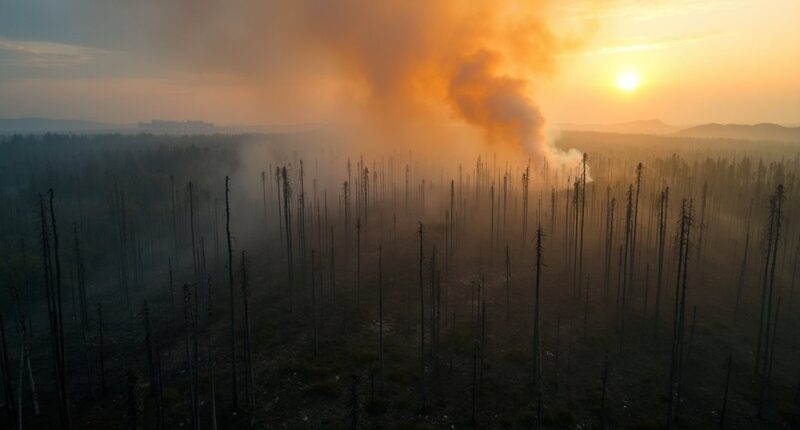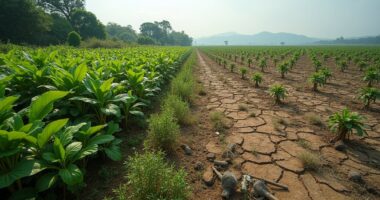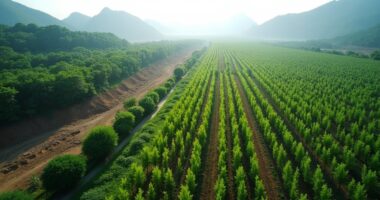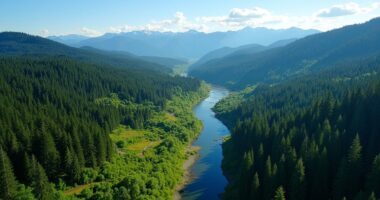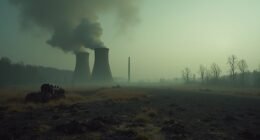As the sun sets behind the ancient trees, a sobering reality looms over the U.S. forests: they are under siege, and not just from the occasional lumberjack with a chainsaw. Since the 1600s, approximately 75% of the nation’s virgin forests have vanished, leaving behind a patchwork of remnants that tell tales of loss and neglect.
U.S. forests face a dire threat, with 75% of virgin woodlands lost since the 1600s, leaving haunting reminders of our neglect.
The last two decades alone saw a staggering 46.5 million hectares of tree cover disappear, a decline that whispers urgent warnings about the state of the environment.
The culprits? Wildfires, urban expansion, and policies that favor logging over preservation. In 2022, wildfires consumed 43% of tree cover loss, turning vast areas into charred landscapes. Meanwhile, cities, often bustling with life, contribute to the annual loss of 36 million trees. Talk about a double whammy!
Politicians, particularly during Trump’s administration, have fanned the flames of deforestation by streamlining logging processes—bypassing environmental reviews faster than a kid dodging chores.
These policies, while cloaked in the guise of national security and wildfire management, have alarmingly prioritized timber production over ecological welfare. The idea was to cut our reliance on Canadian lumber, which sounds great until you realize it came at the expense of forests like Los Padres National Forest, facing accelerated logging despite public dissent.
The environmental fallout is nothing short of catastrophic. Logging releases an eye-watering 723 million tons of CO₂ every year, equivalent to burning billions of pounds of coal. Deforestation doesn’t just impact climate change; it disrupts water cycles, increases soil erosion, and threatens the delicate balance of biodiversity. In fact, tropical deforestation contributes about 20% of annual global greenhouse gas emissions. Additionally, over 96% of deforestation occurs in tropical regions, emphasizing the urgent need for policies that prioritize forest preservation. The full lifecycle assessment of logged timber products reveals environmental impacts extending far beyond the initial harvesting phase.
Imagine a world where mature trees, the planet’s natural air conditioners and carbon sinks, are replaced by barren patches of land.
As policies swing toward unchecked logging, the long-term consequences for the forests and the planet grow ever more concerning. It’s a precarious dance between progress and preservation—one that could tip the scales of nature into chaos.
